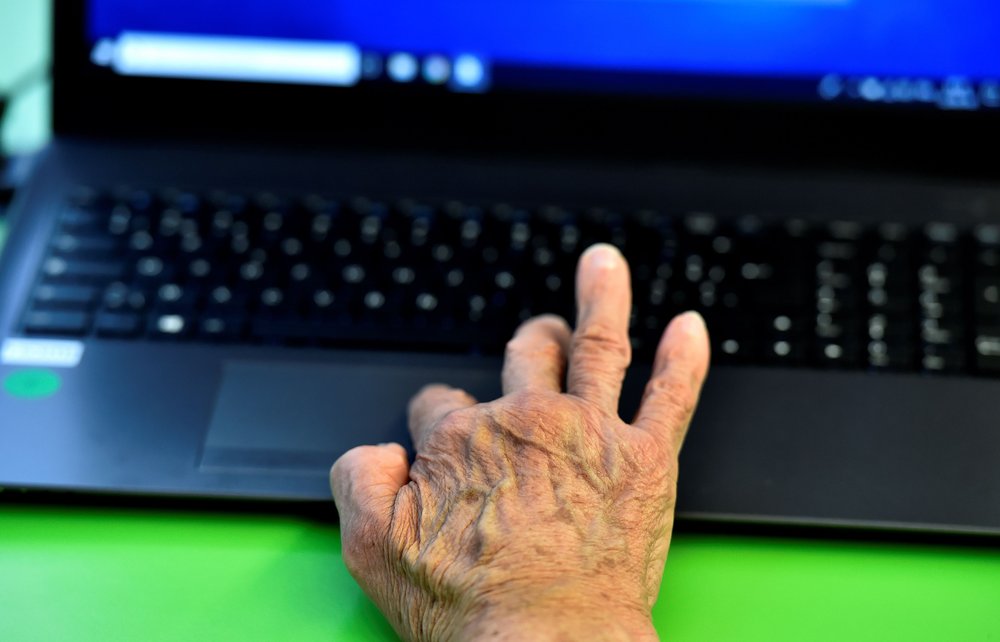Many NYC homeless shelter residents can’t access Wi-Fi. 2 new bills hope to change that.
June 8, 2025, 10 a.m.
The city doesn’t require shelter to provide Wi-Fi for its residents but the proposed legislation could change that.

Dozens of New York City shelters for homeless adults don’t provide Wi-Fi access in their buildings, making it hard for residents to find work and housing, and stay in touch with friends and family, a new report shows.
A survey of more than 200 homeless individuals by two grassroots groups found that just a quarter of those surveyed reported having Wi-Fi in their shelter. Less than a third said they had access to a computer room with an internet connection. Even those who had some access to computers and Wi-Fi said their access was limited, reporting that computers were seldom free and the Wi-Fi was very slow.
“It’s 2025,” said Irene Linares, senior research and policy coordinator at Take Root Justice, a legal and policy nonprofit group that put together the survey along with VOCAL-NY, which advocates for low-income New Yorkers. “It’s so basic to connect in this way.”
State and local lawmakers are also weighing separate proposed bills to make Wi-Fi a requirement across all shelters. Advocates for homeless people say increasing Wi-Fi access will help thousands of their clients find stability. These days, many of the tools people need to access benefits (such as cash assistance and food stamps) and find jobs are online. So are affordable housing opportunities in a fast-moving housing market where less than 0.4% of units priced under $1,100 a month are empty.
“If you don't have internet, it means you are cut off the world,” said Osei Mensah, 42, who lives in a Brooklyn shelter where the internet can only be accessed through two computers. “ I use Wi-Fi to learn. I use Wi-Fi for talking to my family. I use Wi-Fi to listen to the news, to know what is going on in the world.”
The city’s Department of Homeless Services, which oversees shelter operators, said it doesn’t require providers to offer Wi-Fi but encourages it.
“In an increasingly digital world, access to the internet is essential for people in shelter,” DHS spokesperson Nicholas Jacobelli said in a statement.
“While we encourage providers to offer Wi-Fi connections in adult shelters, many such sites have dedicated computer rooms where clients have access to the internet. In addition to on-site access, clients are also informed of other free, publicly available options, including public libraries and LinkNYC kiosks,” he added.
Nearly all shelters for families with children now have Wi-Fi after the pandemic forced kids to attend school remotely and the city had to install Wi-Fi in the facilities. The Legal Aid Society and the Coalition for the Homeless sued the de Blasio administration to force it to speed up the work after severe delays left thousands of children struggling with virtual instruction.
The city said it will add $4 million in its upcoming budget to maintain and install Wi-Fi in all shelters that house children. DHS officials said it can be costly to install Wi-Fi in older shelters, which can require construction and infrastructure upgrades.
Installing Wi-Fi can cost anywhere from $10,000 in a small building to $100,000 in a large one, according to previous estimates by nonprofits who helped bring Wi-Fi to shelters during the pandemic.
The Coalition for the Homeless estimates that about 40% of single adult shelters and 60% of family adult shelters don’t have Wi-Fi access throughout the building, based on their ongoing inspections of facilities. The group said there are about 200 single adult shelters and 16 shelters for families without children.
About 22,000 single adults reside in shelters every night and 4,700 individuals in adult family shelters, DHS numbers show.
Shelter providers such as CAMBA, Samaritan Daytop Village and Acacia, which residents said didn’t provide Wi-Fi in their buildings, didn’t respond to requests for comment. DHS runs the Bellevue Men’s Shelter, which also lacks Wi-Fi, and officials said it had no plan to install Wi-Fi there.
“Why should we expect anything different for people living in shelters than what we expect for ourselves?” said Alison Wilkey, director of government affairs and strategic campaigns for Coalition for the Homeless.
According to the report, three-quarters of those surveyed said they had to use their personal cellphone data plans to access the internet and more than half paid extra for going over their data plan.
To use the internet, many said they turned to restaurants like McDonald's or Starbucks, subway stations, public parks or libraries. But some reported challenges, including having to purchase food, having to sit on the floor or outside, and feeling discriminated against.
Mensah said he once lost a job opportunity because he wasn’t able to check his email right away until he could find Wi-Fi and ended up missing a meeting.
Linares said the surveys showed similarly detrimental consequences.
“ There were damaging impacts to people's employment, like trying to access new employment or problems with existing employment. People missed immigration appointments online. People missed telehealth appointments and had health consequences. People missed signing up for benefits because they didn't have stable Wi-Fi access,” she said.
A state bill requiring Wi-Fi across all shelters in New York has been introduced in the Senate and a City Council measure doing the same has also been introduced.
NYC wants to make it easier for nonprofits to own homeless shelters. Here's why. These landlords promised to house dozens of once homeless New Yorkers. Now they’re evicting them.